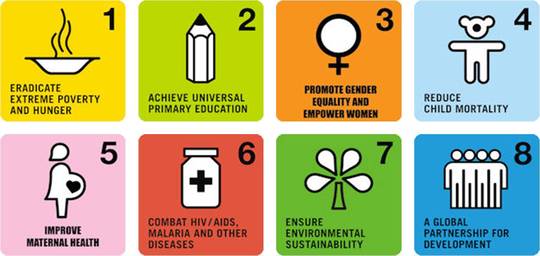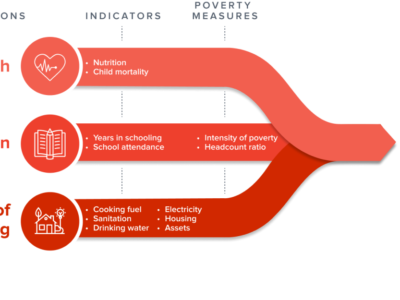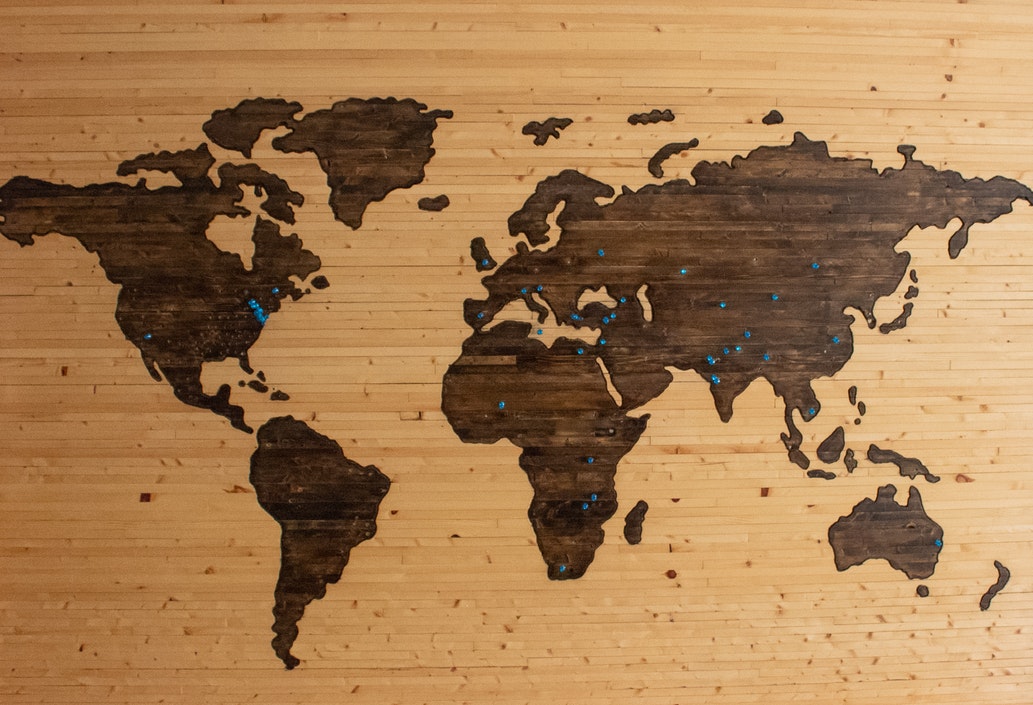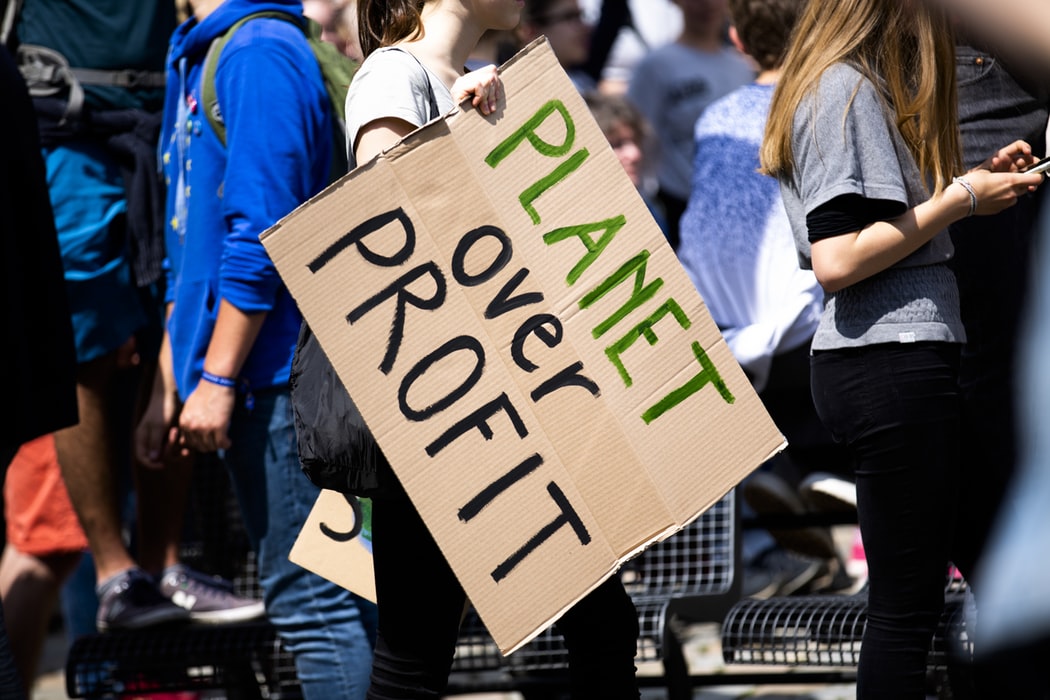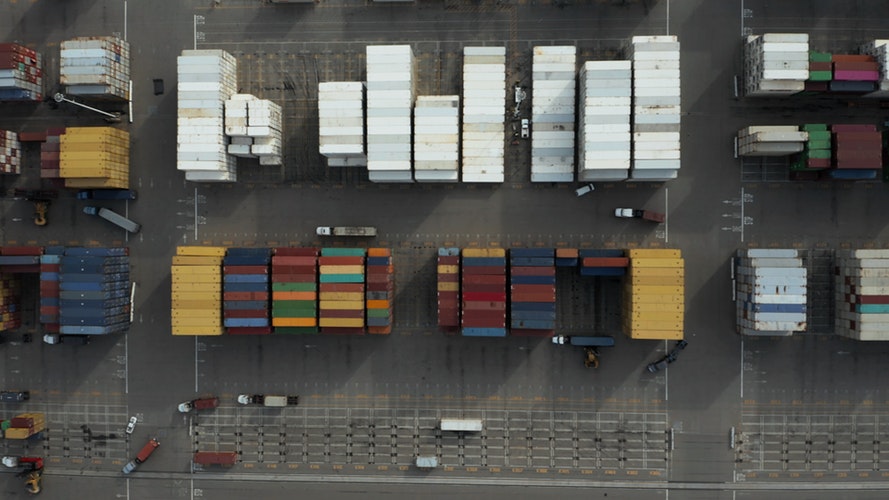At the Millennium Summit in September 2000, the largest gathering of world leaders in history adopted the UN Millennium Declaration, committing their nations to a new global partnership to reduce extreme poverty and setting out a series of time-bound targets, with a deadline of 2015, that have become known as the Millennium Development Goals.
The Millennium Development Goals (MDGs) are the world’s time-bound and quantified targets for addressing extreme poverty in its many dimensions-income poverty, hunger, disease, lack of adequate shelter, and exclusion while promoting gender equality, education, and environmental sustainability. They are also basic human rights, the rights of each person on the planet to health, education, shelter, and security.
Goal 1. Eradicate Extreme Hunger and Poverty: Halve, between 1990 and 2015, the proportion of people whose income is less than $1 a day. Halve, between 1990 and 2015, the proportion of people who suffer from hunger.
Goal 2. Achieve Universal Primary Education: Ensure that, by 2015, children everywhere, boys and girls alike, will be able to complete a full course of primary schooling.
Goal 3. Promote Gender Equality and Empower Women: Eliminate gender disparity in primary and secondary education, preferably by 2005, and in all levels of education no later than 2015.
Goal 4. Reduce Child Mortality: Reduce by two-thirds, between 1990 and 2015, the under-five mortality rate.
Goal 5. Improve Maternal Health: Reduce by three-quarters, between 1990 and 2015, the maternal mortality ratio.
Goal 6. Combat HIV/AIDS, Malaria and other diseases: Have halted by 2015 and begun to reverse the spread of HIV/AIDS. Have halted by 2015 and begun to reverse the incidence of malaria and other major diseases.
Goal 7. Ensure Environmental Sustainability: Integrate the principles of sustainable development into country policies and programs and reverse the loss of environmental resources. Halve, by 2015, the proportion of people without sustainable access to safe drinking water and basic sanitation. Have achieved by 2020 a significant improvement in the lives of at least 100 million slum dwellers.
Goal 8. Develop a Global Partnership for Development: Develop further an open, rule-based, predictable, nondiscriminatory trading and financial system (includes a commitment to good governance, development, and poverty reduction?both nationally and internationally). Address the special needs of the Least Developed Countries (includes tariff- and quota-free access for Least Developed Countries, exports, enhanced program of debt relief for heavily indebted poor countries [HIPCs] and cancellation of official bilateral debt, and more generous official development assistance for countries committed to poverty reduction). Address the special needs of landlocked developing countries and small island developing states (through the Program of Action for the Sustainable Development of Small Island Developing States and 22nd General Assembly provisions). Deal comprehensively with the debt problems of developing countries through national and international measures in order to make debt sustainable in the long term. In cooperation with developing countries, develop and implement strategies for decent and productive work for youth. n cooperation with pharmaceutical companies, provide access to affordable essential drugs in developing countries. In cooperation with the private sector, make available the benefits of new technologies, especially information and communications technology.
